- State Board
-
12th Standard
-

Biology
-

Computer Applications
-

Computer Science
-

Business Maths and Statistics
-

Commerce
-

Economics
-

Maths
-

Chemistry
-

Physics
-

Computer Technology
-

History
-

Accountancy
-

Tamil
-

Maths
-

Chemistry
-

Physics
-

Biology
-

Computer Science
-

Business Maths and Statistics
-

Economics
-

Commerce
-

Accountancy
-

History
-

Computer Applications
-

Computer Technology
-

English
12th Standard stateboard question papers & Study material
தமிழ் Subjects
English Subjects
-
-
11th Standard
-

Maths
-

Biology
-
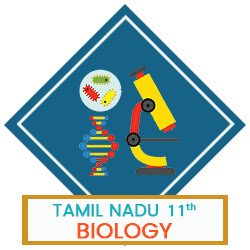
உயிரியல் - தாவரவியல்
-

Economics
-

Physics
-

Chemistry
-

History
-

Business Maths and Statistics
-

Computer Science
-

Accountancy
-

Commerce
-

Computer Applications
-

Computer Technology
-

Tamil
-

Maths
-

Commerce
-

Economics
-

Biology
-

Business Maths and Statistics
-

Accountancy
-

Computer Science
-

Physics
-

Chemistry
-

Computer Applications
-

History
-

Computer Technology
-

Tamil
-

English
11th Standard stateboard question papers & Study material
தமிழ் Subjects
English Subjects
-
-
9th Standard
-

-

-

-

-

-

-

Maths
-

Science
-

Social Science
-

Maths
-

Science
-

Social Science
9th Standard stateboard question papers & Study material
தமிழ் Subjects
English Subjects
-
-
6th Standard
-

Maths
-

Science
-

Social Science
-

Maths
-

Science
-

Social Science
6th Standard stateboard question papers & Study material
தமிழ் Subjects
English Subjects
-
-
10th Standard
-

Maths
-

Science
-

Social Science
-

Tamil
-

Maths
-

Science
-

Social Science
-

English
-

English
10th Standard stateboard question papers & Study material
தமிழ் Subjects
English Subjects
-
-
7th Standard
-

Maths
-

Science
-

Maths
-

Science
-

Social Science
7th Standard stateboard question papers & Study material
தமிழ் Subjects
English Subjects
-
-
8th Standard
-

கணிதம் - old
-

Science
-

Social Science
-

கணிதம்
-

Maths
-

Science
-

Social Science
8th Standard stateboard question papers & Study material
தமிழ் Subjects
English Subjects
-
-
12th Standard
- CBSE Board
-
12th Standard CBSE
-

Biology
-

Physics
-

Chemistry
-

Maths
-

Accountancy
-

Introductory Micro and Macroeconomics
-

Business Studies
-

Economics
-

Computer Science
-

Geography
-

English
-

History
-

Indian Society
-

Physical Education
-

Sociology
-

Tamil
-

Bio Technology
-

Engineering Graphics
-

Entrepreneurship
-

Hindi Core
-

Hindi Elective
-
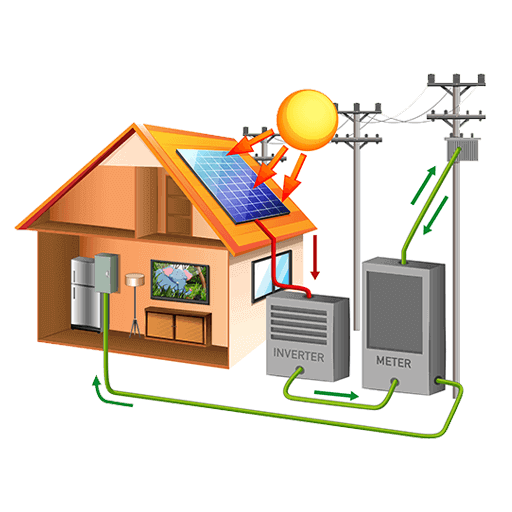
Home Science
-
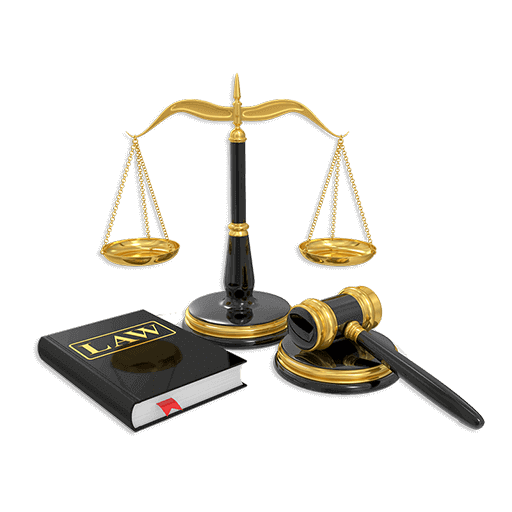
Legal Studies
-

Political Science
-

Psychology
12th Standard CBSE Subject Question Paper & Study Material
-
-
11th Standard CBSE
-

Mathematics
-

Chemistry
-

Biology
-

Physics
-

Business Studies
-

Accountancy
-

Economics
-

Computer Science
-

Bio Technology
-

English
-

Enterprenership
-

Geography
-

Hindi
-

History
-

Home Science
-

Physical Education
-

Political Science
-

Psychology
-

Sociology
-

Applied Mathematics
11th Standard CBSE Subject Question Paper & Study Material
-
- 10th Standard CBSE
-
9th Standard CBSE
-

Mathematics
-

Social Science
-

Science
-

English
-

Hindi
9th Standard CBSE Subject Question Paper & Study Material
-
-
8th Standard CBSE
-

Science
-

Social Science
-

Mathematics
-

English
8th Standard CBSE Subject Question Paper & Study Material
-
-
7th Standard CBSE
-

Mathematics
-

Science
-

Social Science
-

English
7th Standard CBSE Subject Question Paper & Study Material
-
-
6th Standard CBSE
-

Mathematics
-

Science
-

Social Science
-

English
6th Standard CBSE Subject Question Paper & Study Material
-
-
12th Standard CBSE
- Free Online Test
- News
- Study Materials
-
Students
-
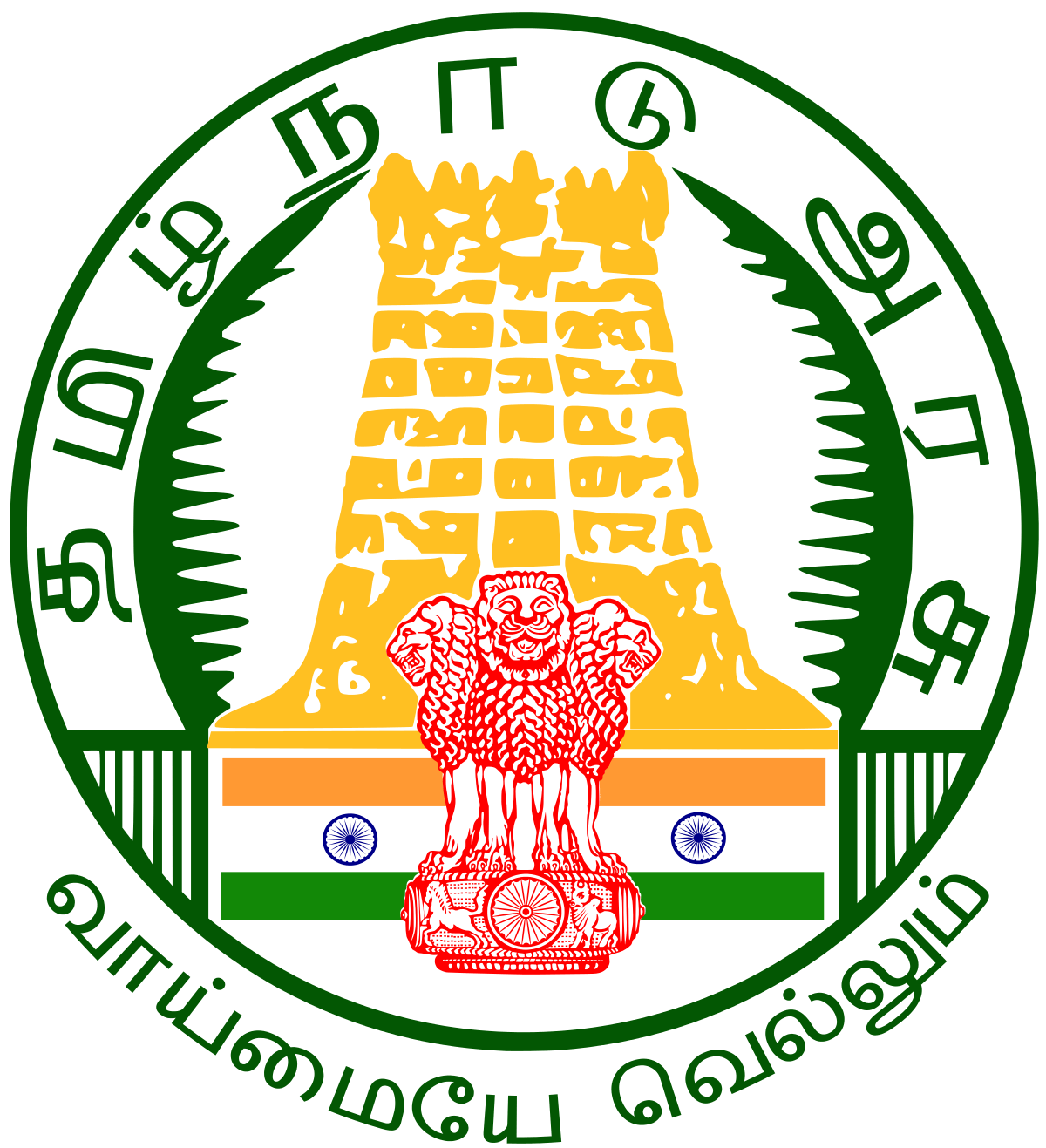
Stateboard Tamil Nadu
-

CBSE Board
-

Free Online Tests
-

Educational News
-

Scholarships
-

Entrance Exams India
-

Video Materials
Study Materials , News and Scholarships
-
-
Students

11th Maths Unit 5 Binomial Theorem, Sequences and Series Model Question Paper Question Bank Software Aug-12 , 2019
Binomial Theorem, Sequences and Series
Binomial Theorem, Sequences and Series Model Question Paper
11th Standard
-
Reg.No. :
Maths
Time :
01:00:00 Hrs
Total Marks :
50
-
If a, 8, b are in AP, a, 4, b are in GP, and if a, x, b are in HP then x is
(a)2
(b)1
(c)4
(d)16
-
The sum up to n terms of the series \(\frac { 1 }{ \sqrt { 1 } +\sqrt { 3 } } +\frac { 1 }{ \sqrt { 3 } +\sqrt { 5 } } +\frac { 1 }{ \sqrt { 5 } +\sqrt { 7 } } +\)....is
(a)\(\sqrt { 2n+1 } \)
(b)\(\frac { \sqrt { 2n+1 } }{ 2 } \)
(c)\(\sqrt { 2n+1 } -1\)
(d)\(\frac { \sqrt { 2n+1 } -1 }{ 2 } \)
-
The value of the series\(\frac { 1 }{ 2 } +\frac { 7 }{ 4 } +\frac { 13 }{ 8 } +\frac { 19 }{ 16 } +\).....is
(a)14
(b)7
(c)4
(d)6
-
If \(\frac { { T }_{ 2 } }{ { T }_{ 3 } } \)is the expansion of (a+b)n and \(\frac { { T }_{ 3 } }{ { T }_{ 4 } } \) is the expansion of (a+b)n+3 are equal, then n = ______________
(a)3
(b)4
(c)5
(d)6
-
If in an infinite G. P. first term is equal to 10 times the sum of all successive terms, then its common ratio is ______________
(a)\(\frac { 1 }{ 10 } \)
(b)\(\frac { 1 }{ 11 } \)
(c)\(\frac { 1 }{ 9 } \)
(d)\(\frac { 1 }{ 20 } \)
-
If \(\Sigma n=210\) then \(\Sigma { n }^{ 2 }\)= ______________
(a)2870
(b)2160
(c)2970
(d)none of these
-
The series for log \(\left( \frac { 1+x }{ 1-x } \right) is\) ______________
(a)\(x+\frac { { x }^{ 3 } }{ 3 } +\frac { { x }^{ 5 } }{ 5 } +...+\infty \)
(b)\(2\left[ x+\frac { { x }^{ 3 } }{ 3 } +\frac { { x }^{ 5 } }{ 5 } +...+\infty \right] \)
(c)\(\frac { { x }^{ 2 } }{ 2 } +\frac { { x }^{ 4 } }{ 4 } +\frac { { x }^{ 6 } }{ 6 } +...+\infty \)
(d)\(2\left[ \frac { { x }^{ 2 } }{ 2 } +\frac { { x }^{ 4 } }{ 4 } +\frac { { x }^{ 6 } }{ 6 } +...+\infty \right] \)
-
The coefficient of x6 in (2 + 2x)10 is
(a)10C6
(b)26
(c)10C626
(d)10C6210
-
The ratio of the coefficient of x 15 to the term independent of x in \([x^2+(\frac{2}{x})]^{15}\) is ______________
(a)1:16
(b)1:8
(c)1:32
(d)1:64
-
Sum of the binomial coefficients is ______________
(a)2n
(b)n2
(c)2n
(d)n+17
-
Expand \(\left( { 2x }^{ 2 }-\frac { 3 }{ x } \right) ^{ 3 }\)
-
If n is a positive integer and R is a nonnegative integer. prove that the co-efficients of xr and xn-r Expansion of (1+x)n are equal
-
Find the 5th term in the sequence whose first three terms are 3, 3, 6 and each term after the second is the sum of the two terms preceding it.
-
Find the middle terms in the expansion of (x + y)7.
-
Find the \(\sqrt [ 3 ]{ 126 } \) approximately to two decimal places.
-
If the roots of the equation (q - r) x2 + (r - p)x + p - q = 0 are equal, then show that p, q and r are in A.P.
-
A man repays an amount of Rs. 3250 by paying Rs. 20 in the first month and then increases the payment by Rs.15 per month. How long will it take him to clear the amount?
-
if n is an odd positive integer, prove that the Co-efficients of the middle terms in the expansion equal
-
The first three terms in the expansion of (1 + ax)n are 1 + 12x + 64x2. Find n and a
-
Prove that in the expansion of (1+x)n, the Co-efficient of terms equidistant from the beginning and from the end are equal
-
Find the general terms and sum to n terms of the sequence 1, \(\frac{4}{3},\frac{7}{9},\frac{10}{27},....\)
-
If S n denotes that Sum of n terms of a G. P., prove that (s10-s20 )2 = s10 (s30 - s20)
-
If S1, S2, S3 be respectively the sums of n, 2n, 3n, terms of a G.P. , then prove that S1 (S3 - S2) = (S2 - S1)2.
10 x 1 = 10
5 x 2 = 10
5 x 3 = 15
3 x 5 = 15
*****************************************
11th Standard Maths Videos
TN 9th Maths Mensuration Important 2 Marks Questions With Answers Book Back and Creative
TN Class 9th Maths Mensuration Study Materials TN State Board / Matriculation 9th Maths Subject - Mensuration Two Mark Question and Answers



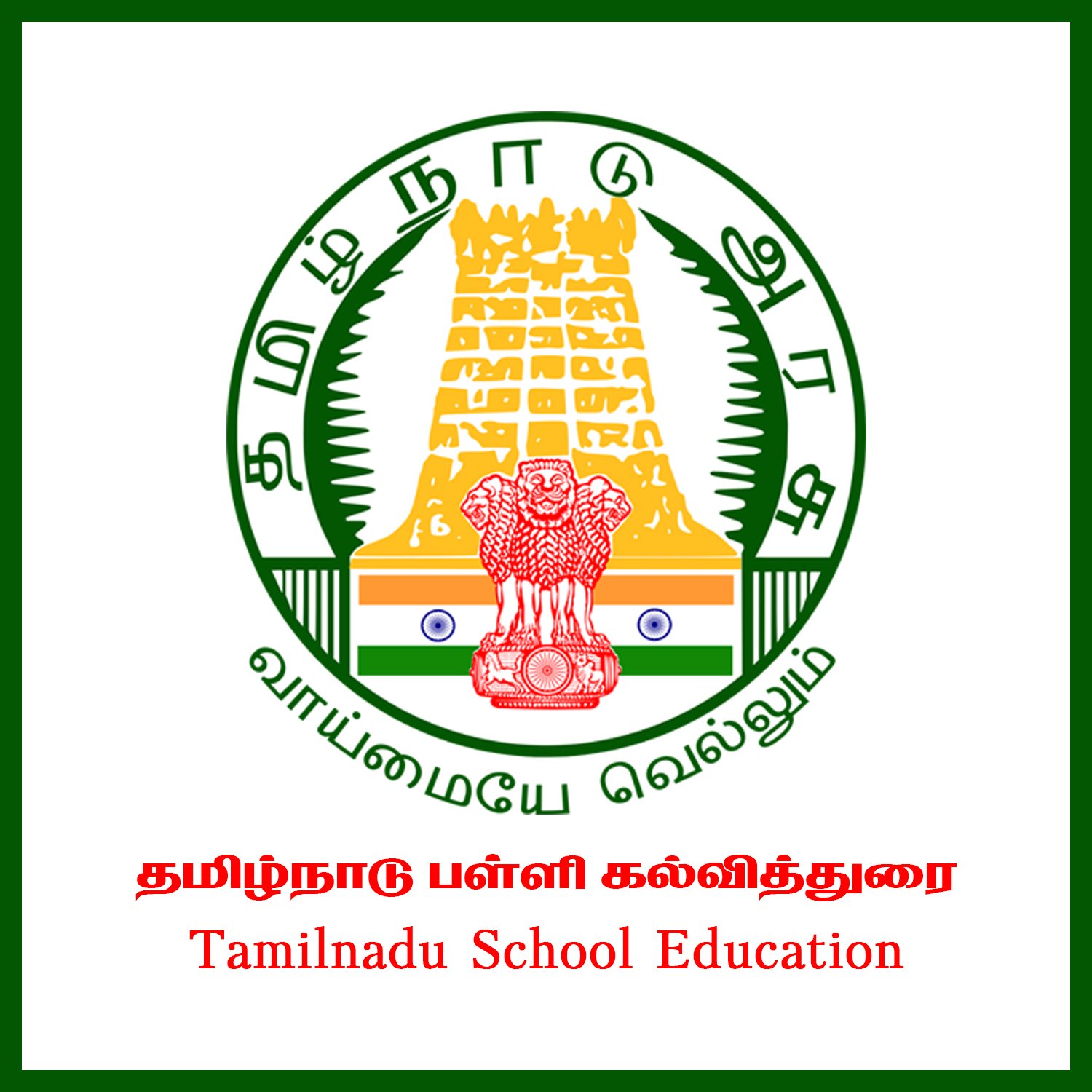

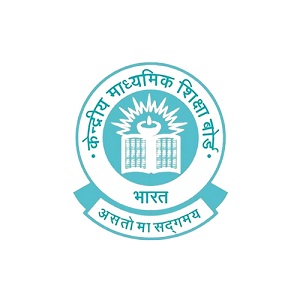
 11th Standard Maths Syllabus
11th Standard Maths Syllabus  11th Standard Maths Study Materials
11th Standard Maths Study Materials 11th Standard Maths MCQ Practise Tests
11th Standard Maths MCQ Practise Tests 

Reviews & Comments about 11th Maths Unit 5 Binomial Theorem, Sequences and Series Model Question Paper
Write your Comment